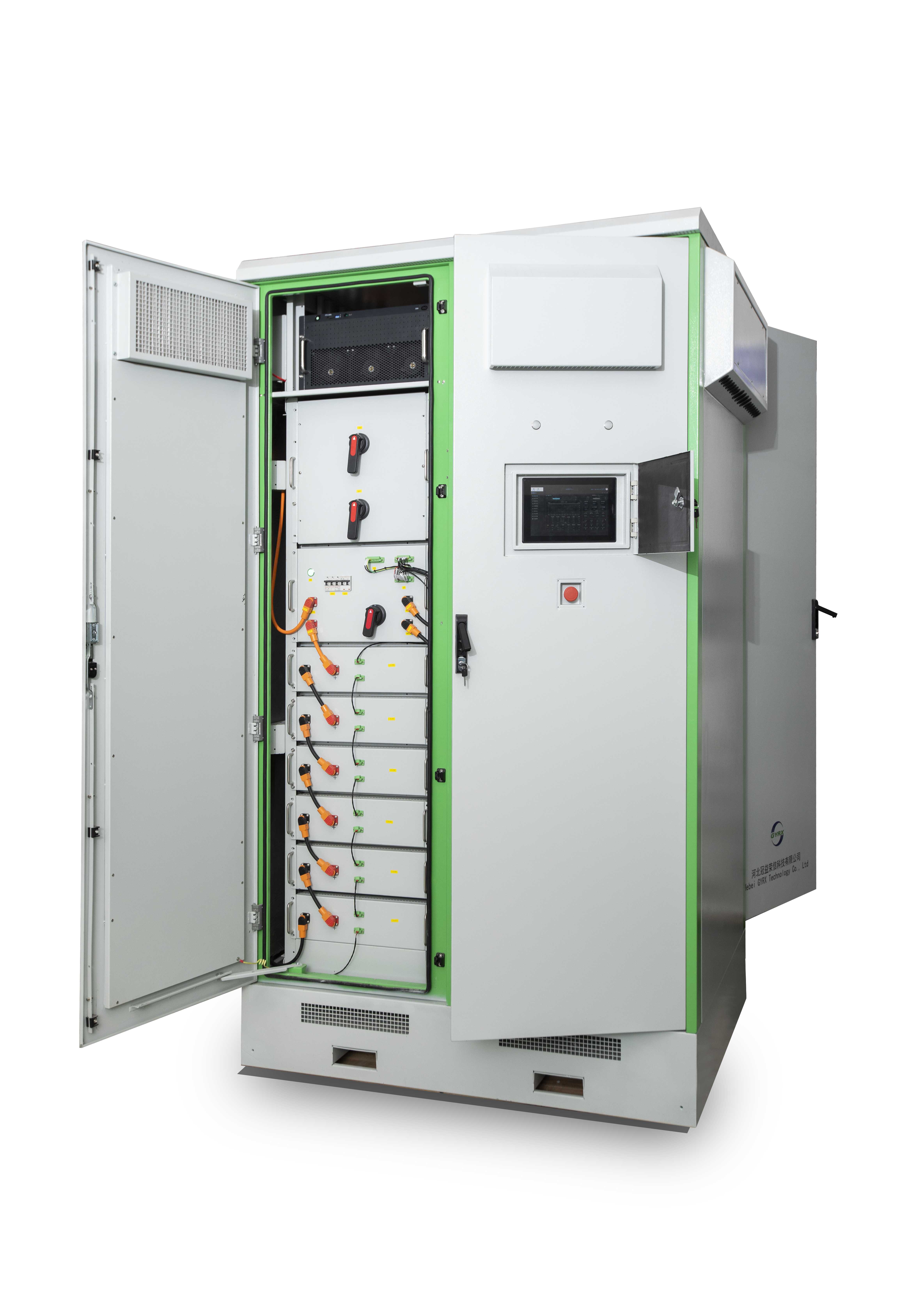
Nov . 06, 2024 03:33 Back to list
Requirements for Manufacturers of Outdoor Emergency Power Supply Systems
Qualification Requirements for Manufacturers of Outdoor Emergency Power Supply
In an increasingly uncertain world where natural disasters, power outages, and emergencies can occur at any time, outdoor emergency power supplies (OEPS) have become essential utilities for both residential and commercial users. As reliance on these systems grows, the importance of ensuring that manufacturers meet adequate qualification standards cannot be overstated. This article outlines the essential qualification requirements for manufacturers of outdoor emergency power supplies.
1. Compliance with Safety Standards
One of the foremost qualifications for any manufacturer of outdoor emergency power supplies is compliance with recognized safety standards. Organizations such as the Underwriters Laboratories (UL), International Electrotechnical Commission (IEC), and National Electrical Manufacturers Association (NEMA) set guidelines for electrical safety that must be adhered to. OEPS units must undergo rigorous testing to certify that they can withstand various conditions, including moisture, temperature fluctuations, and physical impacts. Manufacturers should also ensure that their products are in compliance with local and national regulations to guarantee user safety.
2. Quality Control Processes
A robust quality control process is another critical requirement for manufacturers. This includes a comprehensive inspection system that monitors each stage of production. Quality control ensures that every unit produced meets or exceeds established benchmarks for performance and reliability. Manufacturers should employ techniques such as Statistical Process Control (SPC) and Failure Mode and Effects Analysis (FMEA) to identify potential defects and mitigate risks during the manufacturing process.
3. Durability and Weather Resistance
Given that outdoor emergency power supplies are often exposed to harsh environmental conditions, manufacturers must prioritize durability and weather resistance in their design and production processes. This involves using high-quality materials such as rust-resistant metals, UV-resistant plastics, and waterproof seals. Additionally, manufacturers should conduct field testing to validate the performance of their products in extreme conditions, ensuring that they can operate effectively in sub-zero temperatures, heavy rain, or intense heat.
4. Capacity and Efficiency Evaluation
outdoor emergency power supply qualification requirements manufacturer

Manufacturers must also focus on the capacity and efficiency of their outdoor emergency power supplies. The ability of an OEPS to provide power during an emergency hinges on its capacity to store energy and convert it into usable power. Manufacturers should test their products under various load conditions to determine efficiency ratings and ensure that they meet consumer needs in terms of power output and runtime.
5. User-Friendly Design
Ease of use is a vital qualification for manufacturers of outdoor emergency power supplies. Products should feature intuitive interfaces, clear instructions, and ergonomic designs. This is especially important in emergency situations where users may have limited time to set up and operate the equipment. Manufacturers must also consider the provision of additional features such as mobile applications for monitoring system performance or remote control capabilities, which enhance user convenience.
6. Sustainability Practices
In today’s environmentally conscious landscape, manufacturers must also adopt sustainable practices in their production processes. This includes the responsible sourcing of materials, minimizing waste, and utilizing energy-efficient manufacturing techniques. Moreover, product designs should consider recyclability and the environmental impact of the materials used. Manufacturers that prioritize sustainability not only comply with regulations but also appeal to a growing segment of eco-conscious consumers.
7. Customer Support and Warranty
Lastly, an essential qualification requirement for manufacturers is the provision of robust customer support and warranty services. No matter how well-designed a product is, customers will inevitably encounter issues or have questions about use. Manufacturers should establish clear channels for customer support, including phone, email, and online resources. Additionally, offering comprehensive warranties can help instill consumer confidence in a brand’s products.
Conclusion
In conclusion, the qualification requirements for manufacturers of outdoor emergency power supplies encompass a wide range of considerations, from safety standards to sustainable practices. By adhering to these qualifications, manufacturers can ensure that their products are reliable, efficient, and ready to perform in critical situations, ultimately contributing to enhanced safety and peace of mind for users.
-
AI-Powered EMS with GPT-4-Turbo | Efficiency Boost
NewsAug.01,2025
-
Optimized Storage System for GPT-4-Turbo | High Performance
NewsJul.31,2025
-
AI Energy Management System w/ GPT-4 Turbo Efficiency
NewsJul.31,2025
-
High-Performance Energy Storage System for Reliable Power Solutions
NewsJul.30,2025
-
Advanced EMS Solutions for Energy Management System & Storage Battery Companies
NewsJul.29,2025
-
Intelligent Energy Management for Homes - Efficient Storage Solutions
NewsJul.29,2025























